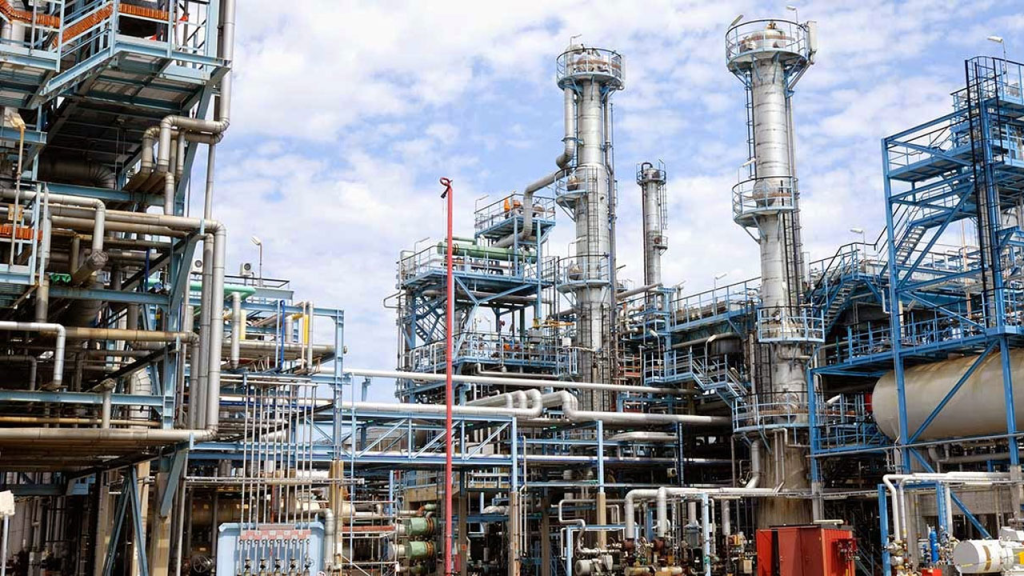The Petroleum and Natural Gas Senior Staff Association of Nigeria (PENGASSAN) has clarified the status of oil production at the Port Harcourt Refinery following public scepticism about its operations.
Recent reports have raised questions about whether the refinery has truly commenced production, contrary to earlier announcements by the Nigerian National Petroleum Company Limited (NNPCL).
NNPCL had previously declared the start of operations at the refinery, sparking widespread optimism that this would lead to a reduction in fuel prices.
However, subsequent allegations suggested that production had not begun, prompting public concern and scrutiny.
Addressing these doubts, Comrade Festus Osifo, President of PENGASSAN, provided insights during an interview on Arise TV.
He confirmed that the Port Harcourt Refinery is operational but acknowledged certain limitations in its production processes.
Osifo explained that the blending process being utilized is standard practice globally, as no refinery relies solely on a single Crude Distillation Unit (CDU) to produce refined products.
Production Processes at the Refinery
Osifo detailed the steps involved in refining crude oil, noting that the CDU separates crude into components such as kerosene (DPK), diesel (AGO), and naphtha.
He revealed that while the CDU is functional, other units, like the Reformat Unit essential for processing naphtha into Premium Motor Spirit (PMS), are not yet operational.
He explained that naphtha is currently blended with Crack-C5 from external sources, including Indorama, to produce PMS. Despite this workaround, the refinery is producing key products like diesel, kerosene, and petrol, addressing critical domestic fuel needs.
Public Skepticism
Osifo acknowledged the public’s mistrust of government initiatives, attributing it to past disappointments.
He assured Nigerians that PENGASSAN is committed to ensuring transparency, adding that the status of the refinery will be discussed further in an upcoming National Executive Council meeting.
Global Refining Standards
Emphasizing global practices, Osifo clarified that no refinery, including the Dangote Refinery, produces PMS directly from the CDU.
Instead, further treatment and blending are required to meet the necessary specifications for petrol, particularly its octane number, to ensure vehicle safety.
Osifo urged Nigerians to focus on the refinery’s output rather than its processes, reaffirming that the Port Harcourt Refinery is producing diesel, kerosene, and petrol.
He assured the public that the facility was operational, delivering essential petroleum products.
This clarification aims to dispel doubts surrounding the refinery and provide confidence in its contribution to Nigeria’s energy needs.
